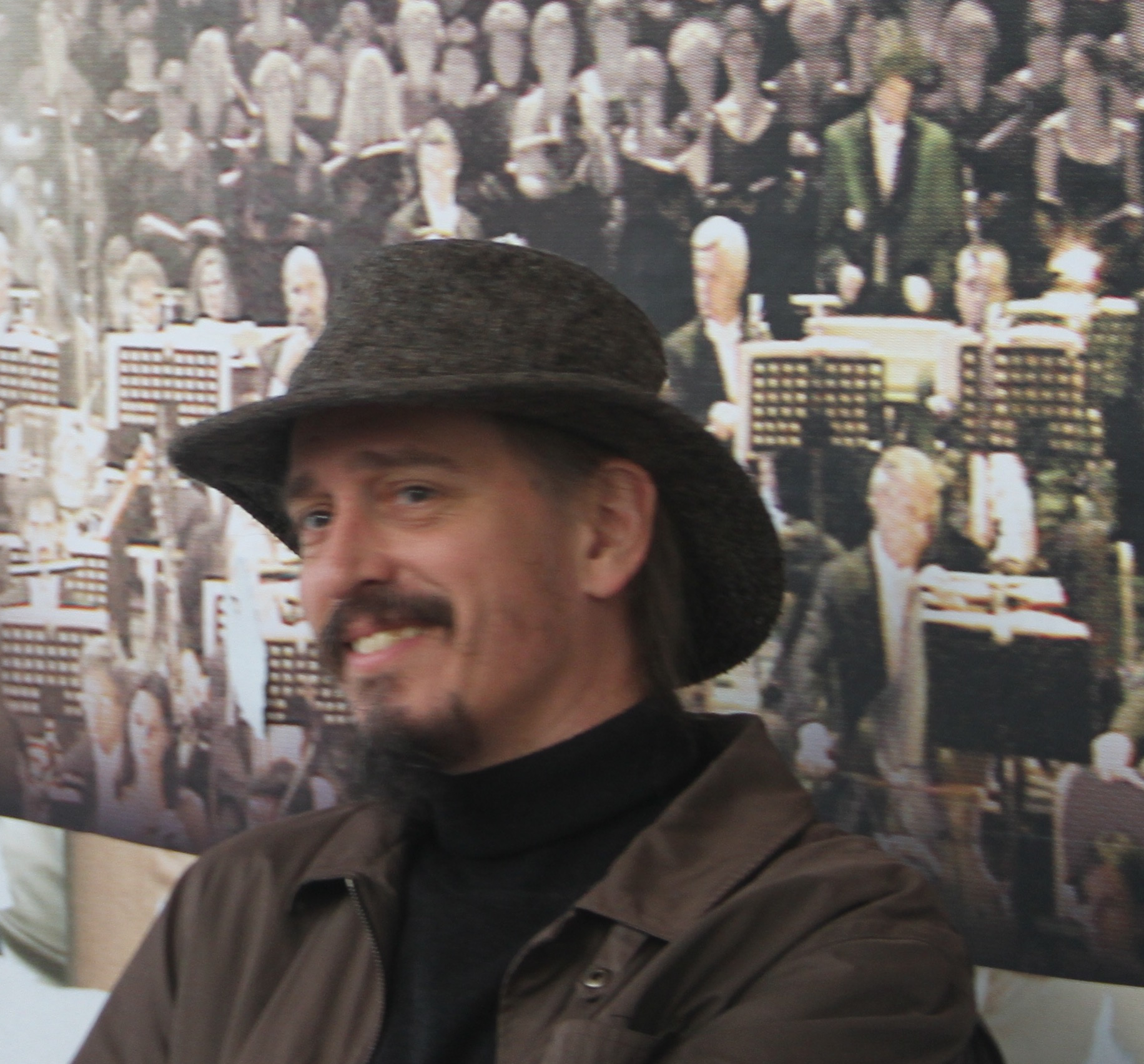Search
Affiliation Type
Methodologies
Applications
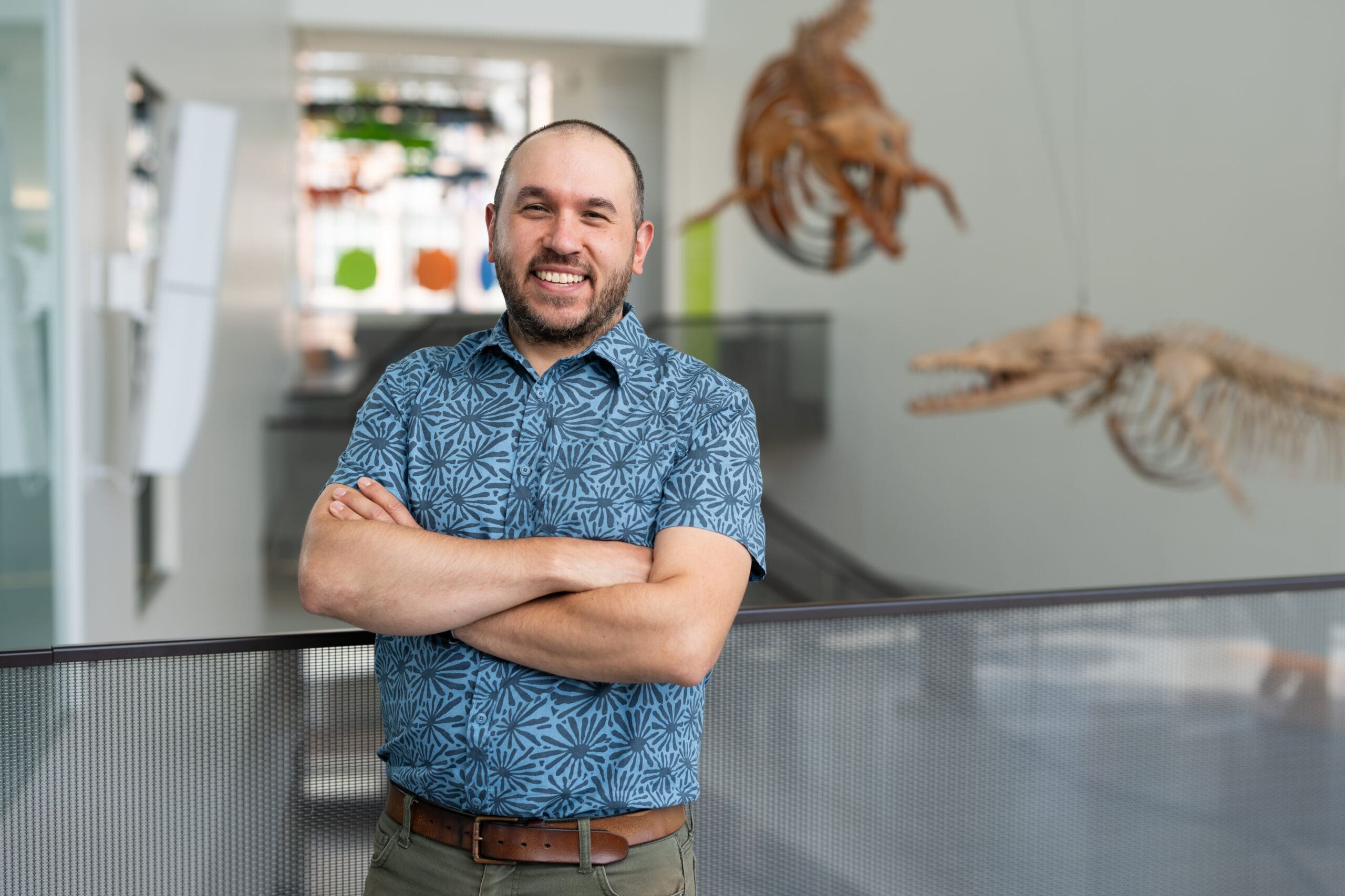
Gideon Bradburd
Assistant Professor, School of Literature, Science, and the Arts
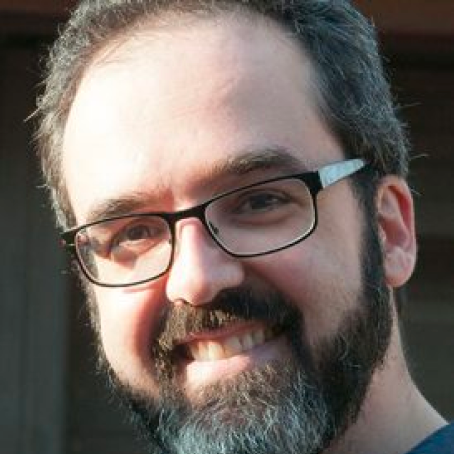
Hernán López-Fernández
Associate Professor and Associate Curator of Fishes, Ecology and Evolutionary Biology Program in the Environment
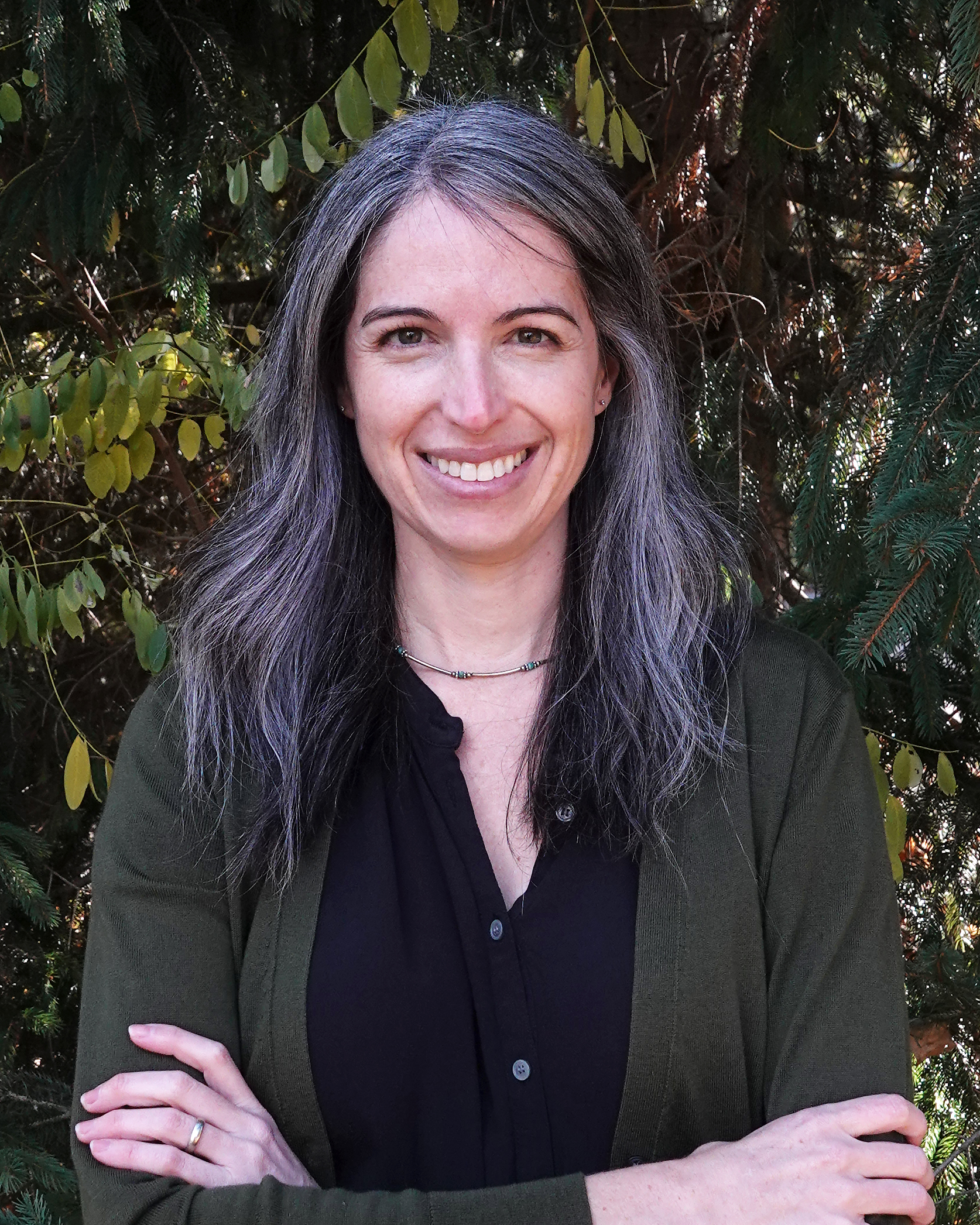
Alison Davis Rabosky
Assistant Professor and Curator, Department of Ecology and Evolutionary Biology
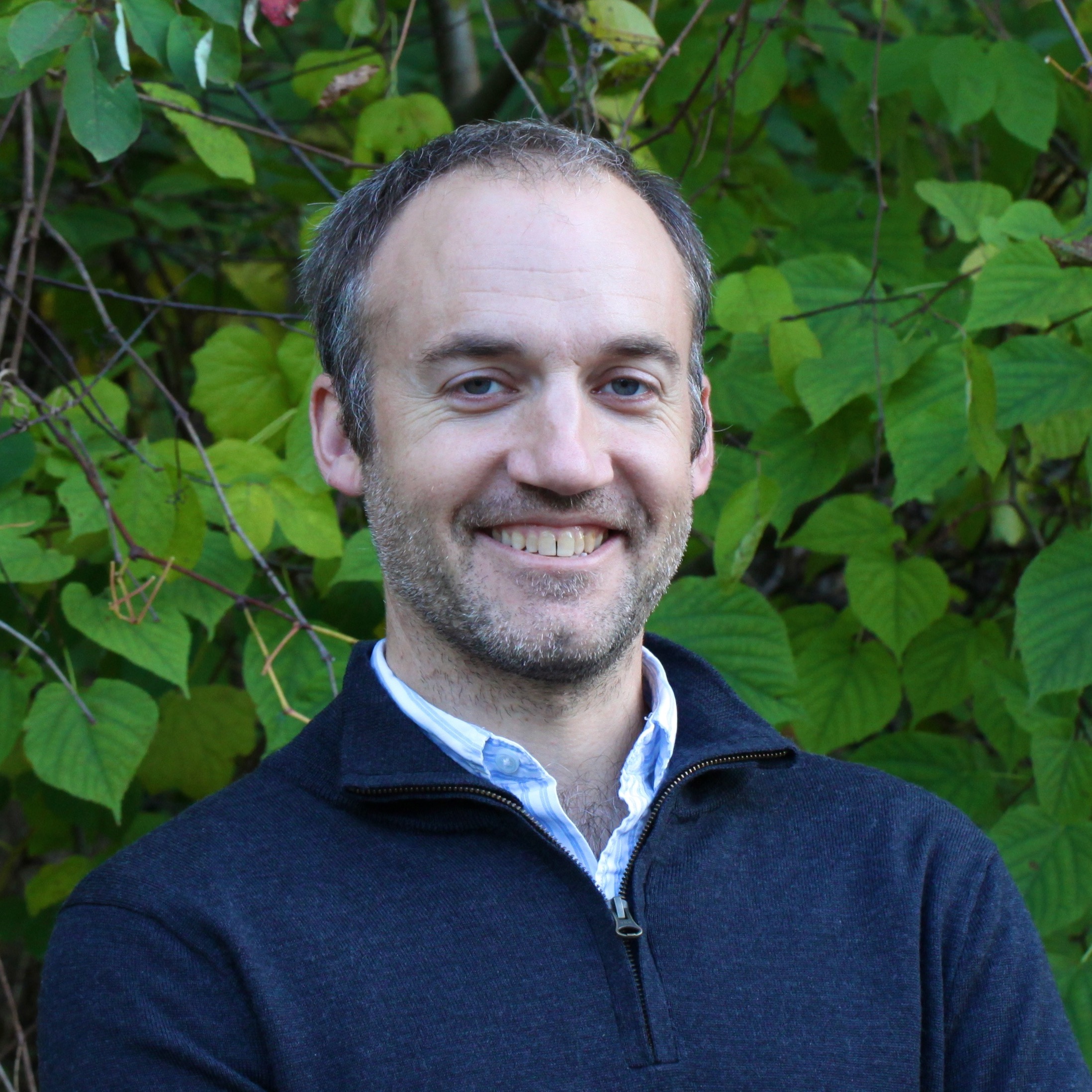
Dan Rabosky
Professor and Curator, Ecology and Evolutionary Biology
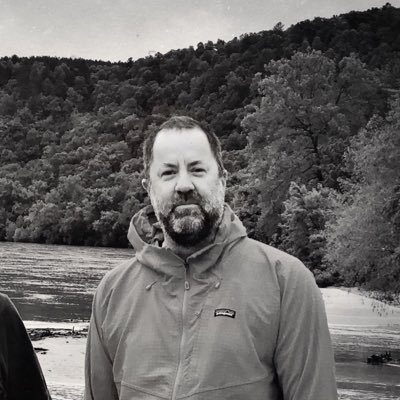
Nate Sanders
Professor, Ecology and Evolutionary Biology

Stephen Smith
Professor, Ecology and Evolutionary Biology, LSA
